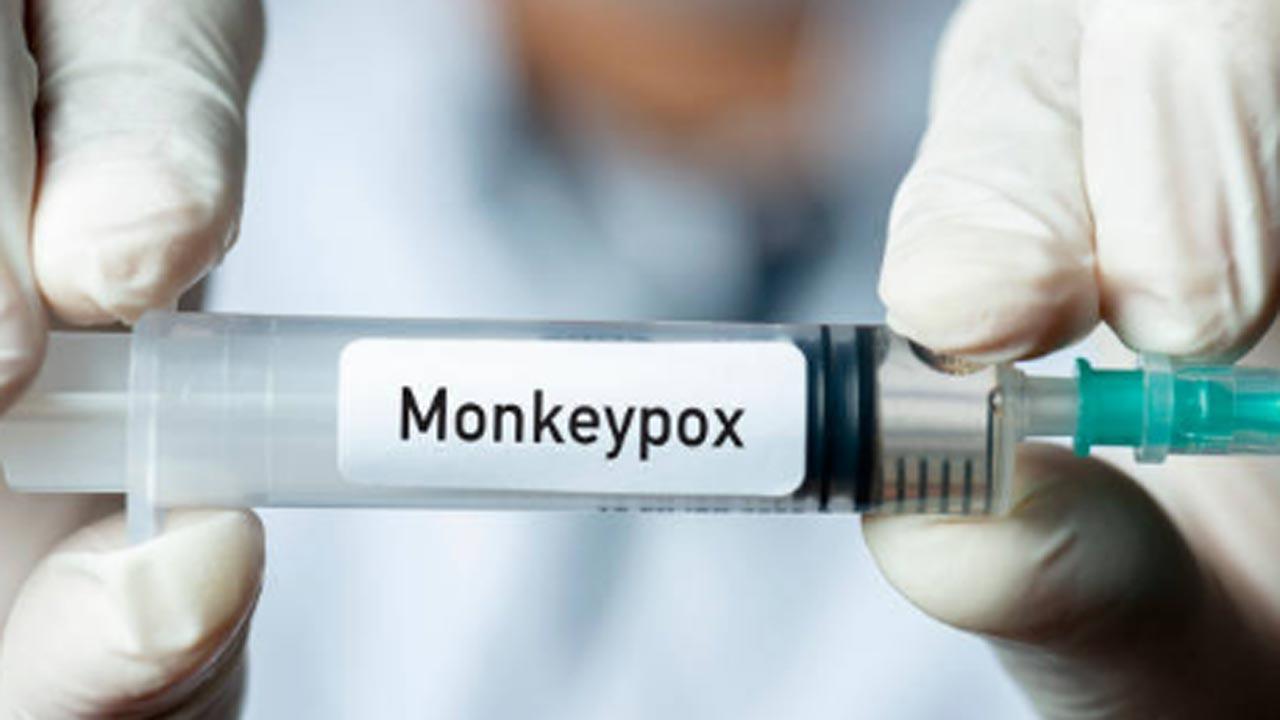A team from the Institute of Organic Chemistry and Biochemistry in Prague deciphered the structure of the protein methyltransferase from the monkeypox virus

Image for representational purpose only. Photo Courtesy: istock
With Covid still looming large, scientists will soon be able to develop antivirals to manage mpox, formerly known as monkeypox as well as Covid.
Since May 2022, mpox has spread into more than 100 countries and caused over 86,900 infections across the world.
A team from the Institute of Organic Chemistry and Biochemistry in Prague deciphered the structure of the protein methyltransferase from the monkeypox virus.
It is with the help of this protein that the virus escapes human immunity and causes the monkeypox disease.
Based on this discovery, they prepared substances that can block the function of methyltransferase.
The results of this research, published in Nature Communications, may constitute the first step towards creating a completely new group of antivirals.
This applies not only to monkeypox, but also to diseases caused by other viruses, including Covid-19 induced by the SARS-CoV-2 coronavirus, the team said. The deadly Covid virus has infected over 763 million and claimed more than 6.9 million lives globally.
Scientists from IOCB have for many years been studying viruses that cause serious diseases. In the past, they focused on the Zika virus from the flavivirus group or the SARS-CoV-2 virus from the coronavirus group.
Like other viruses, the monkeypox virus multiplies in a host cell. For it to defend itself against external attack, it needs to recognise which RNA molecules are its own and which are not.
"Native RNA molecules carry a special marker called a cap for easier recognition. An unmarked molecule triggers an innate antiviral immunity response in infected cells. Therefore, viruses try to deceive the human body and, for example, the monkeypox virus confuses it by also adding a cap to its RNA," explained Evzen Boura from the IOCB.
The symptoms of monkeypox resemble those of smallpox, a disease that has already been eradicated. Until recently, the virus causing it was found only in Central and Western Africa.
Its natural reservoirs reside in rodents and primates. In humans it can cause a disease with an estimated mortality rate of three to six per cent.
While this is less than in the case of smallpox, it is much higher than, for example, with Covid-19.
Recently, the monkeypox virus has spread worldwide, so it is no wonder that not only experts, but also the general population and public authorities are nervously watching the threat of another global viral pandemic.
"Our colleagues perfectly combine structural biology and cutting-edge medicinal chemistry. Thanks to that, we are closer to discovering new antivirals," said Prof. Jan Konvalinka, the director of IOCB Prague.
Also Read: Study finds how exercise is more important than diet to maintain weight loss
This story has been sourced from a third party syndicated feed, agencies. Mid-day accepts no responsibility or liability for its dependability, trustworthiness, reliability and data of the text. Mid-day management/mid-day.com reserves the sole right to alter, delete or remove (without notice) the content in its absolute discretion for any reason whatsoever
 Subscribe today by clicking the link and stay updated with the latest news!" Click here!
Subscribe today by clicking the link and stay updated with the latest news!" Click here!






